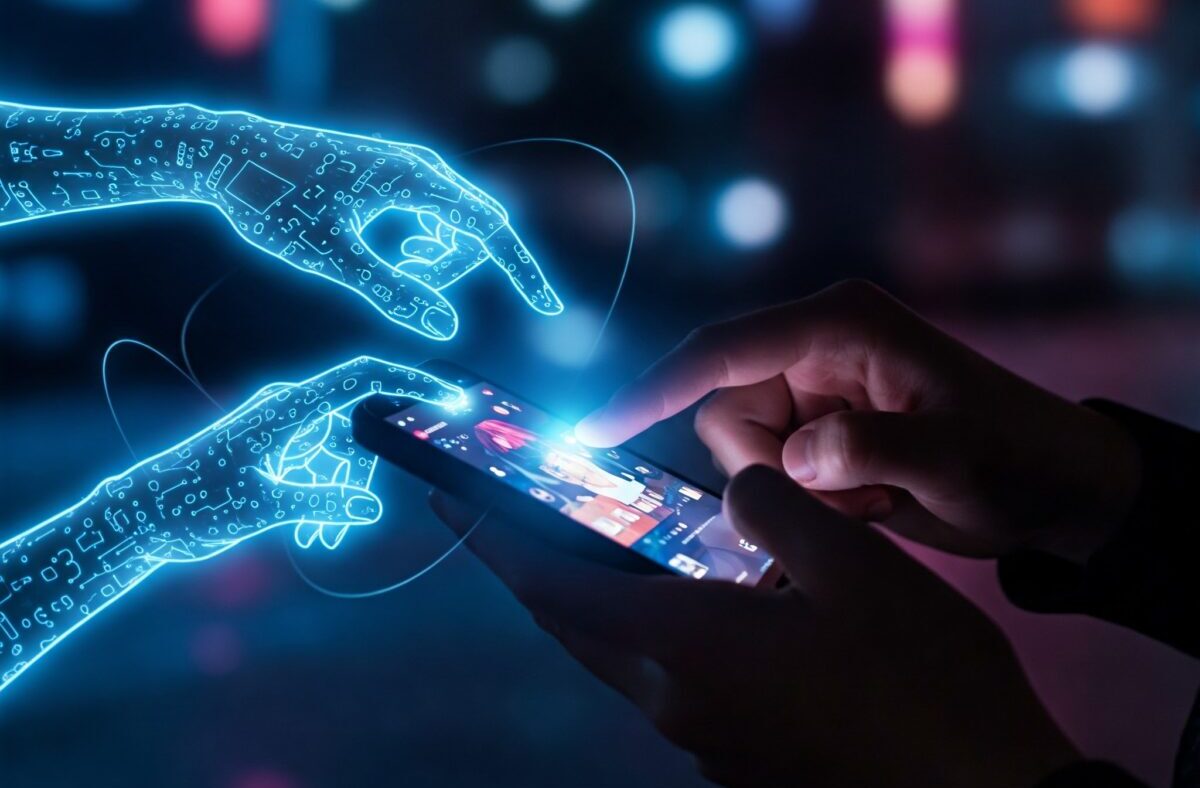The Invisible Power of the Algorithms
Social media have become an integral part of our daily lives, a place where we wish to inform you, we communicate, we have fun and we build our digital identity. But behind behind this facade of connection and interaction, there is an invisible force, and powerful: the artificial intelligence (AI) and its algorithms social media. Algorithms, these complex sequences of instructions that guide the operation of the social platforms, select the content that we determine which posts to reach our screen and affect, often without realising it, our opinions and our choices.
The Black Box: How the IA Organize Our Social World
Social media is not simple bulletin boards, in which flow the post in chronological order. They are complex ecosystems, in which the AI plays a starring role. The algorithms in social media analyze an impressive amount of data, our “likes”, comments you leave, the pages that follow, the videos we watch, our interactions with other users. From this wealth of information, the AI gets “profiles” of each of us trying to understand our interests, our preferences and our inclinations.
On the basis of these profiles, the algorithms that decide what content to show us, in our feed, such as friends suggest which groups to counsel and which advertisements to show us. In this way, the AI creates a sort of “bubble sheet” custom, a digital environment tailored to our tastes, and our beliefs.
Risks and Opportunities: A Precarious Balance
The use of AI in social media is undoubtedly offers some advantages. The customization of the contents brought by the algorithms that social media can make the experience more engaging and interesting, allowing us to discover new information and to connect with people who share our interests. But this same customization brings with it a number of risks, ethical and social issues that we can not ignore.
The first risk is that of the polarization. If the algorithms we show only the content that confirm our opinions, we run the risk of a closet in “echo chambers”, the environments in which we are never exposed to different points of view and in which our beliefs are strengthened more and more. This can lead to a higher division, and an inability to communicate with those who think differently from us.
Another danger is the manipulation. The profiles for the algorithms to create us, can be used to influence our choices, to direct our vote, to sell you products and services that do not serve us. Targeted advertising, for example, can become a tool of persuasion extremely powerful, able to take advantage of our fragility and our unconscious desires.
And let's not forget the theme of the privacy. Social media collect an impressive amount of personal data, and the AI is able to analyze them in greater depth. This raises legitimate about who has access to this information, how it is used and what are the risks of abuse.
The Future of the Social: An IA More Ethical and Transparent
The future of social media will depend on our ability to find a balance between the potential of AI and the need to protect our fundamental values. It is crucial to promote a IA more ethical and transparentthat focus on the welfare of the users and not only the profits of the companies.
This means, for example, to develop algorithms that we are exposed to a greater variety of points of view that may help us to distinguish reliable information from the fake news, and to give us more control over the data that we share, and the content that we see. It also means to create platforms in which transparency is the rule, in which the users can understand how the algorithms and what are the criteria that guide their choices.
Ultimately, the challenge is to shape a future of social media where the AI and the algorithms that social media is a tool to connect in a more meaningful way and to build a society that is more informed and democratic.
